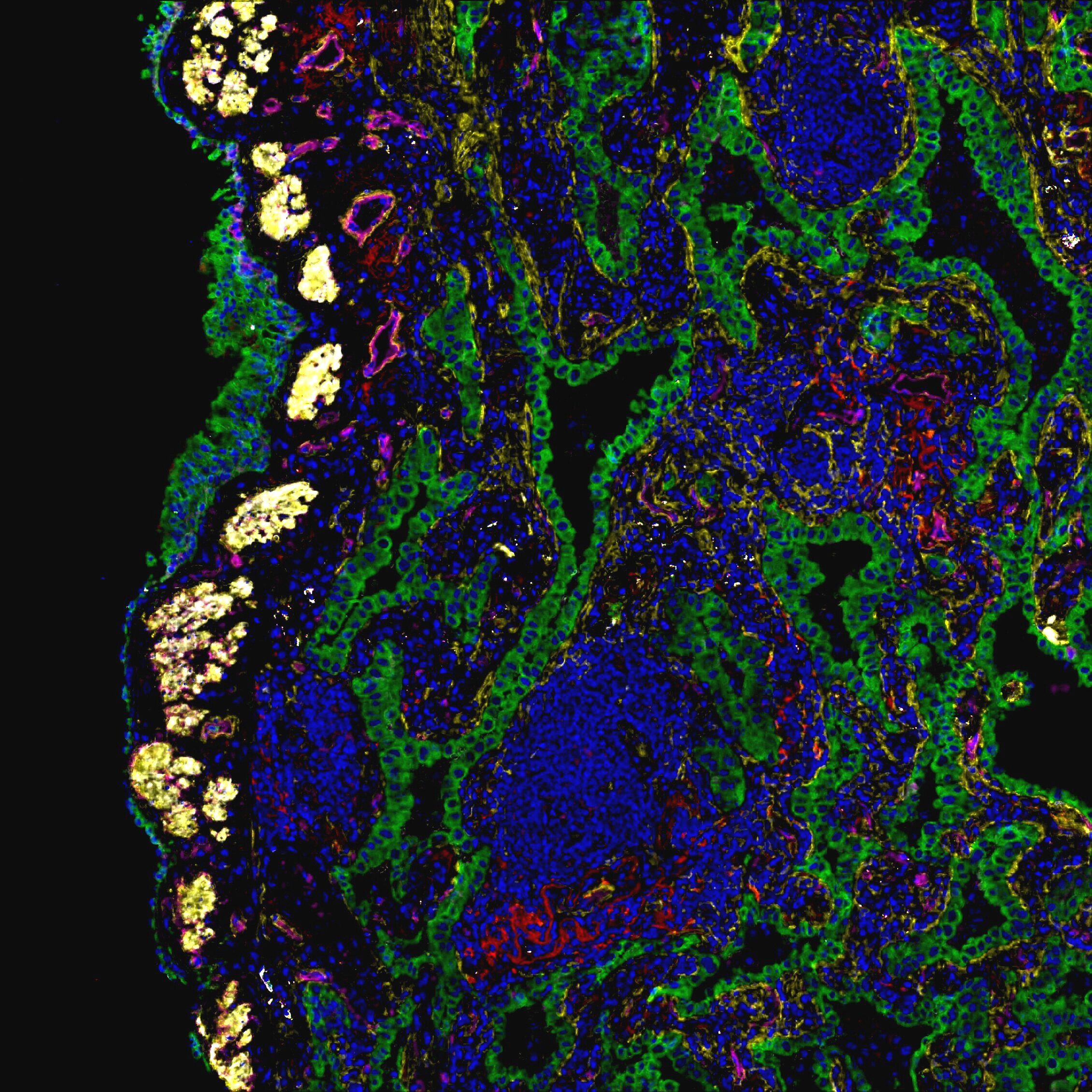
T Cell Research
Even though T cells are exposed to persistent antigen in chronic infections, cancer, autoimmunity, and transplantation, we know very little about how T cell function is modulated during chronic antigen stimulation. Our research program aims to determine how inflammation, costimulation, and other factors in the microenvironment influence CD8 T cell differentiation, dysfunction, and rescue by immunotherapy. We study the interplay of different signaling pathways with the PD-1 (programmed cell death-1) pathway.
To address those questions, The lab uses mouse models of chronic viral infection and tumor, as well as analysis of samples from cancer patients.
The lab has a deep interest in how adaptive immune responses are modulated and in interventional strategies that can be used to improve human health.
News from the Lab
-
-
As an undergraduate, she worked in a nephrology lab, where she wrote her undergraduate thesis on kidney organoid models for polycystic kidney disease
-
Verena won a travel award for AAI and will present her work on “Helpless CD8 T cell memory explained: prolonged antigen presentation drives a temporal rather than terminal defect”
-
Etienne won a travel grant from AACR and will present his work on “CD28 signaling controls maintenance and differentiation of PD1+CD8 T cells during chronic antigen stimulation.”
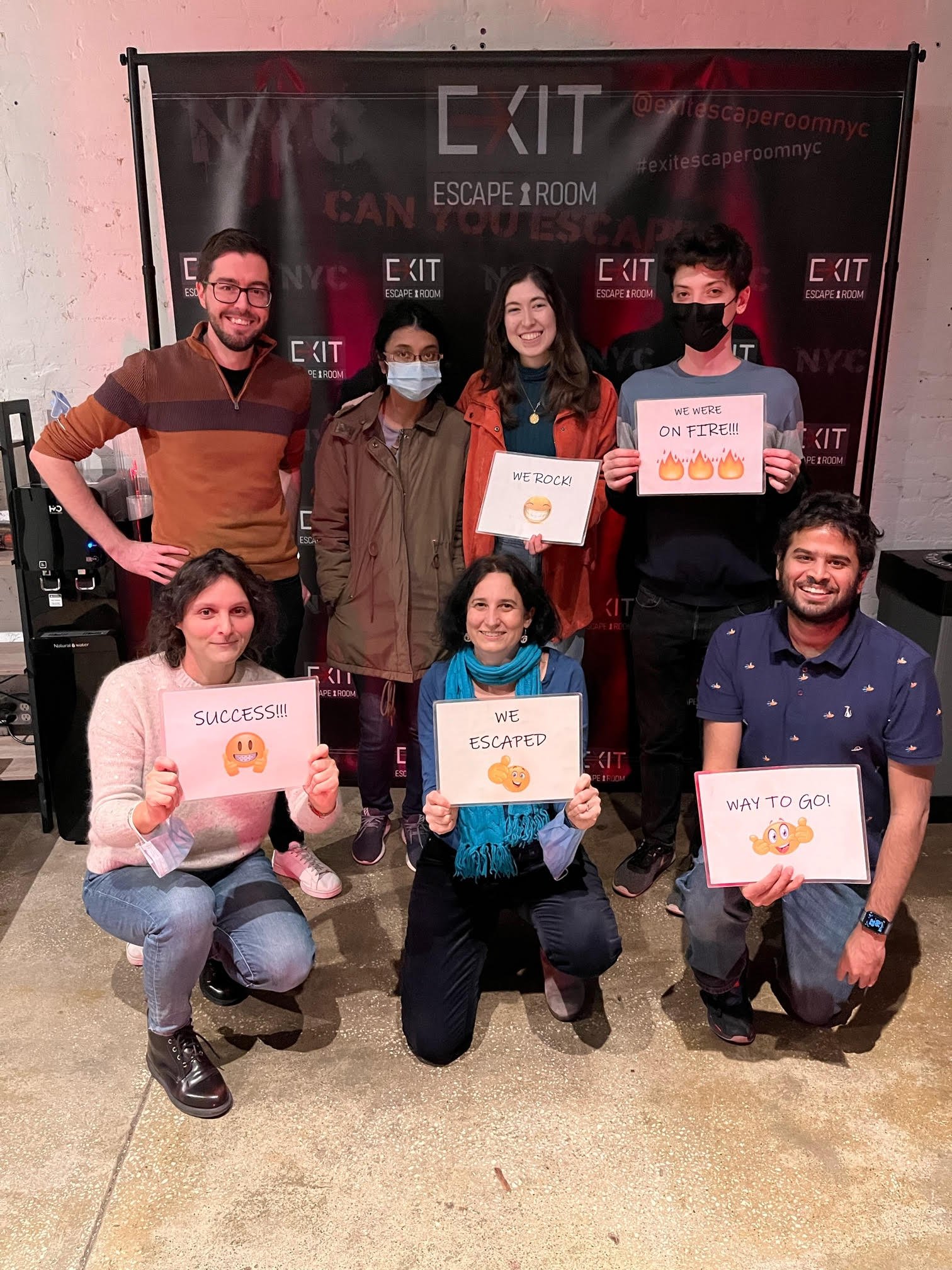
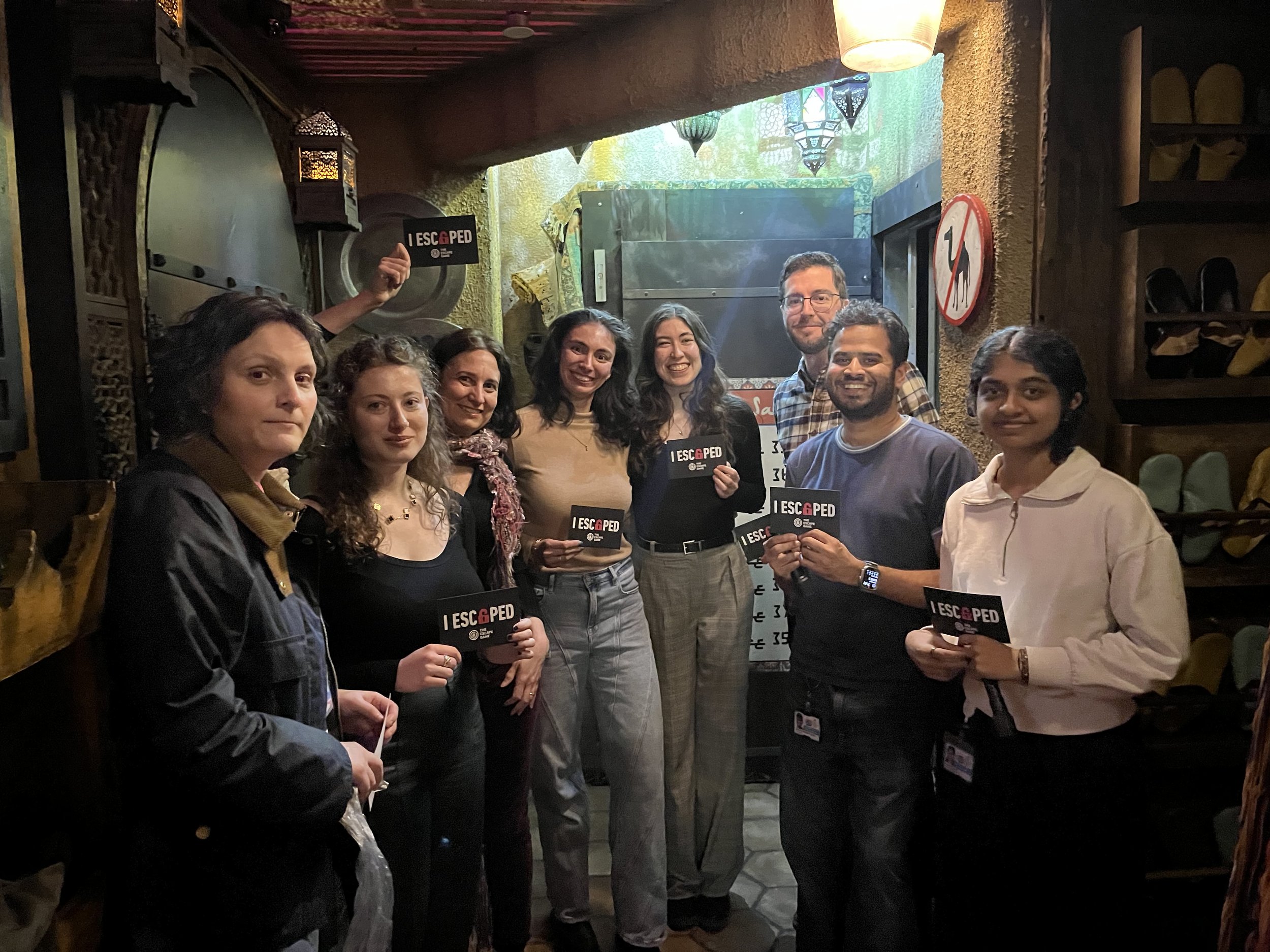

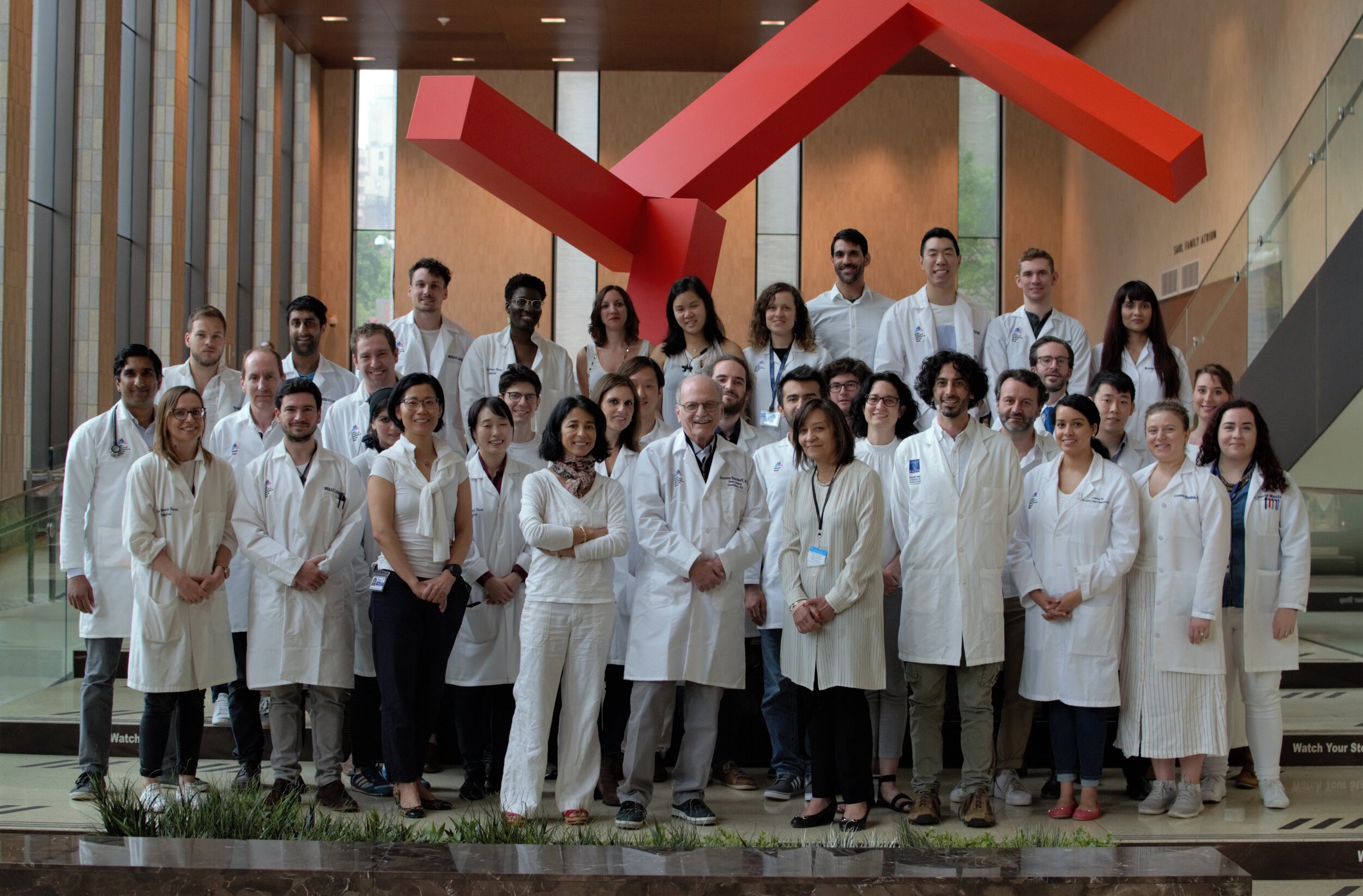
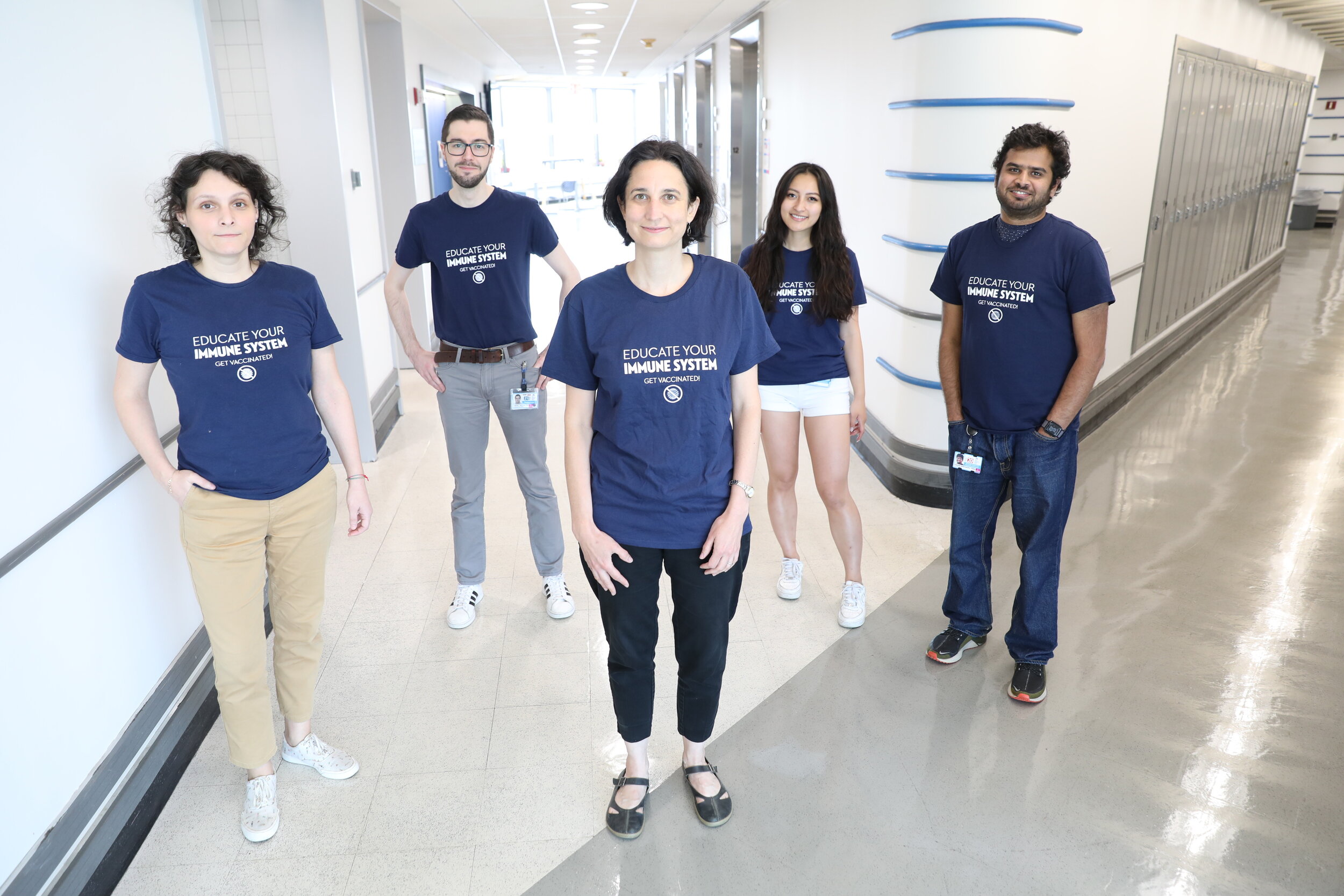

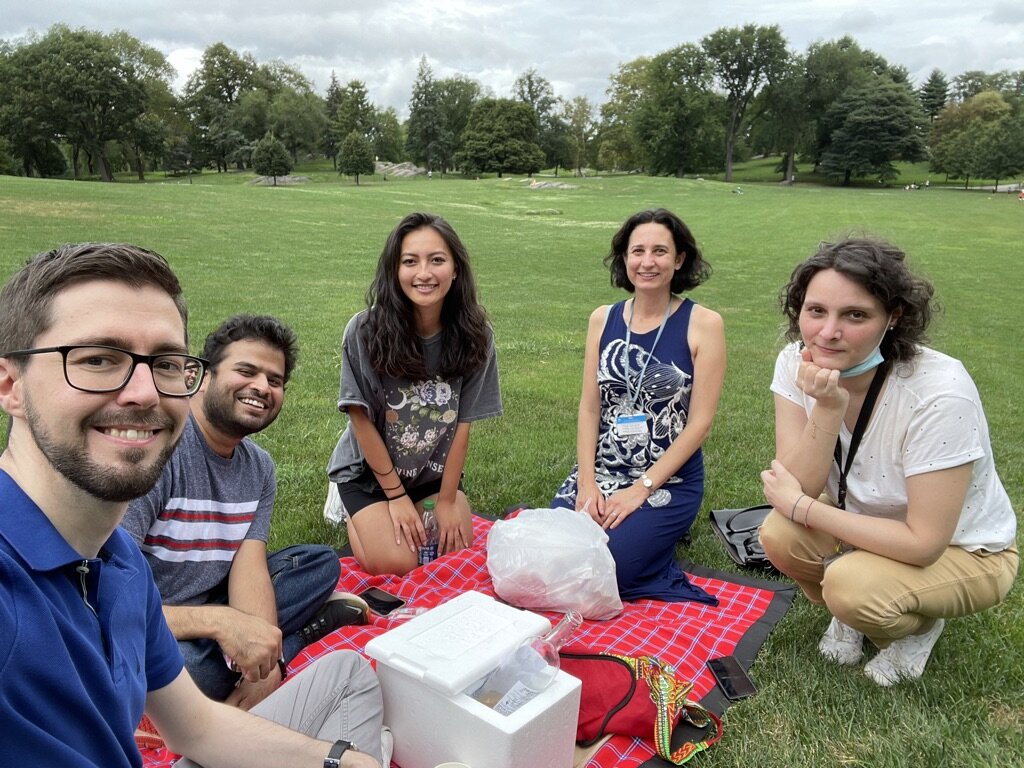



Contact Us
Interested in working on T cell immunology?

